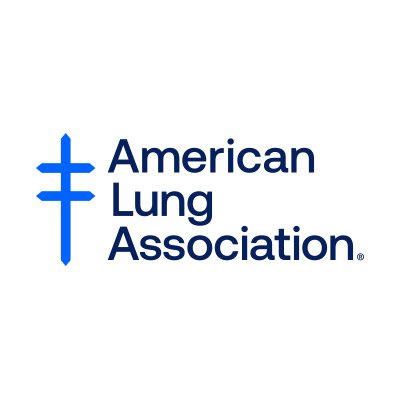PROVIDENCE – While Rhode Island has made progress to end tobacco use across the state, it still fails to adequately fund tobacco control programs and protect youths from flavored tobacco products, the American Lung Association said in its 20th annual State of Tobacco Control report.
The report, released Wednesday, evaluates state and federal policymakers’ actions to eliminate tobacco use. The association in its report offers recommendations on tobacco-control laws and policies to help save lives.
The good news for the Ocean State is that the association gives Rhode Island an “A” grade for smoke-free air, citing the state’s indoor smoking prohibitions in various public places. The state also received a “B” grade for both tobacco taxes – the state’s $4.25-per-20-pack tax rate – and access to cessation services. The association gave Rhode Island a “thumbs up” for providing comprehensive coverage for all tobacco cessation medications and types of counseling with minimal barriers to Medicaid enrollees.
But the state didn’t receive all passing grades. The association gave Rhode Island an “F” for tobacco prevention and control program funding. According to the association, Rhode Island’s 2022 fiscal year funding for such control programs was $396,732. Combined with federal funding the state received, the state only spent $1.8 million on tobacco prevention programs in the 2022 fiscal year, woefully short of the $12.8 million the Centers for Disease Control and Prevention recommends the state should be spending, the association said. All the while, the association said the state collects $205.7 million in tobacco revenue.
As a result, Rhode Island spends close to $640 million in health care costs annually to deal with smoking-related issues.
Daniel Fitzgerald, the American Lung Association Rhode Island’s director of advocacy, on Jan. 24 told Providence Business News that while the state has improved a lot over 20 years in controlling tobacco, about 1 in 3 young Rhode Islanders are using tobacco and 1,700 residents die from tobacco annually. Other emerging products, Fitzgerald said, are threatening to reverse “decades of progress.”
“We’re not putting that investment into Rhode Islanders helping them quit or prevent folks from ever starting,” he said.
The state also received a “D” grade on restricting flavored tobacco products. Even though the state in 2019 banned the sale of e-cigarettes, Fitzgerald said other flavored tobacco products, such as chew and menthol, are still available for youths, low-income residents and diverse groups.
“The reason why that’s a huge concern is we can see about 80% of Black Americans smoke menthol products. That’s no accident; that’s through decades of specific marketing,” Fitzgerald said. “We also know that other disproportionately impacted groups of people, like LGBTQ+ folks, people with lower incomes, are targeted by the industry and have higher rates of menthol use. Flavor is a huge attractor for young folks.”
Along with limited funding, Fitzgerald said the state does not currently have legislation in place to explicitly allow Rhode Island’s cities and towns to put forward their own evidence-based tobacco control policies. He said when residents in some municipalities tried to introduce such policies, tobacco industry executives sued those municipalities and won because the state legislature has not yet given municipalities the authority to enact such measures.
“[We need to] let our other 39 cities and towns make localized solutions to help solve this bigger issue,” Fitzgerald said. He also said the association needs to help educate Gov. Daniel J. McKee and other state lawmakers on these issues to help the state move forward with “one clear voice” in preventing tobacco use.
James Bessette is the PBN special projects editor, and also covers the nonprofit and education sectors. You may reach him at Bessette@PBN.com. You may also follow him on Twitter at @James_Bessette.











